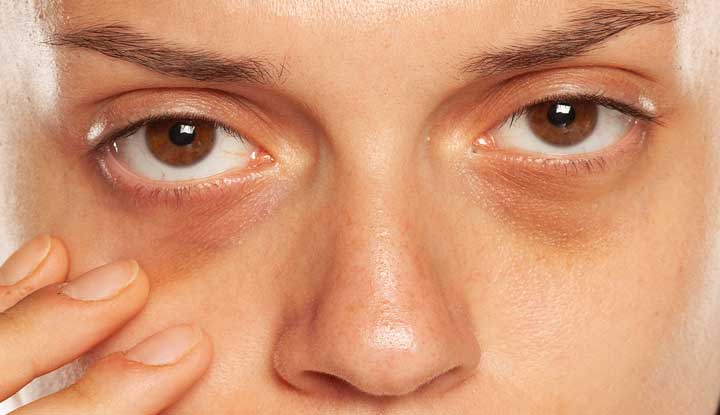Dark circles around the eyes are a common concern for many people and can be caused by a variety of health-related issues. While lack of sleep is often blamed, several underlying conditions could also be contributing to those stubborn shadows. Here’s a look at some health problems that may cause dark circles around the eyes:
- Allergies: Allergic reactions can lead to inflammation and swelling around the eyes, causing blood vessels to dilate and darken the skin.
- Anemia: A deficiency in iron can reduce the flow of oxygen to tissues, making the skin under the eyes appear pale and the blood vessels more visible.
- Dehydration: When your body is dehydrated, the skin under your eyes can look dull and sunken, highlighting dark circles.
- Thyroid Disorders: Conditions such as hypothyroidism can cause puffiness and darkening around the eyes due to hormonal imbalances and fluid retention.
- Genetics: Sometimes, dark circles are hereditary and can be more pronounced due to thin skin or an excess of melanin in the under-eye area.
- Poor Circulation: Impaired blood circulation can cause blood to pool in the vessels under the eyes, giving them a dark, bluish tint.
- Pigmentation Issues: Hyperpigmentation can lead to the darkening of the skin around the eyes, which is often more noticeable in people with darker skin tones.
- Aging: As you age, the skin around your eyes becomes thinner and loses fat and collagen, making blood vessels more visible and leading to the appearance of dark circles.
Identifying the root cause of your dark circles is crucial for effective treatment. Consulting a healthcare professional can help determine whether these shadows are simply a cosmetic concern or a sign of an underlying health issue.




